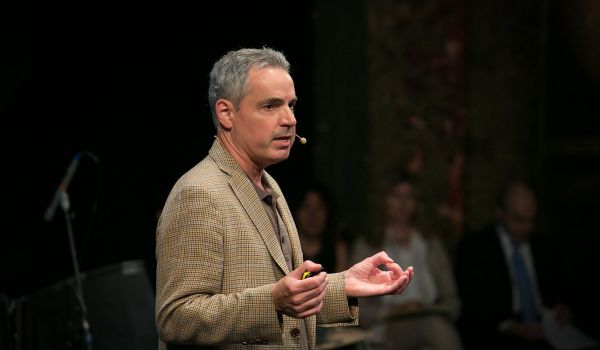In this era of billion dollar government bailouts, voters are increasingly concerned about how public funds are being spent. In keeping with the Obama Administration’s promise to open up government, the Feds recently re-launched usaspending.gov, which tracks federal agencies’ contracts, loans, grants and other financial awards – and was criticized by the Government Accountability Office for falling short of its original mandate to provide full access to government spending information.
While the new site is getting its share of press, the federal government isn’t alone in this type of effort. Several cities and counties have also gone about releasing data on public expenditures, and more are planning to follow suit.
One often cited example is the City of Toronto, Canada, which publishes the detailed expense records of the City’s mayor and council members. In the U.S., Washington, D.C. publishes the details of government purchase orders and credit card transactions as part of its open data catalog. And Cook County, Illinois recently launched a online check register that lists contract payments made by the County.
Other cities are trying to catch up. In New York City, the city’s new Public Advocate (an elected post designed to serve as the city’s watchdog) announced plans for new website that would provide citizens with information about applications for councilmember discretionary funds – which could potentially be used to reward political supporters. Underwhelmingly, reporting of these applications will be on a voluntary basis by each elected official. Greg Robertson, the Mayor of Vancouver, Canada, has also put forth a proposal to release more information about elected officials’ expenses in the wake of accusations of exorbitant spending in the lead up to the 2010 Winter Olympics.
Of course, when cities open up data about budgets and expenses, they must be prepared to deal with the increased scrutiny. Last fall, a story in the Washington Examiner used municipal data from Washington D.C.’s data catalog to expose city credit card charges that it deemed inappropriate – including $900 worth of massages for staff members. The city’s Mayor apologized, and promised that such expenses (which were intended as part of an employee wellness program) would not be incurred in the future.
Overseas, activists in the Philippines are taking an even more aggressive approach towards creating more government transparency. A recently launched website designed to help combat widespread corruption and graft will host financial disclosure statements of elected officials, and then ask citizens to police their politicians by sending in pictures of any suspected ill-gotten wealth – such as posh mansions or fancy cars. Funded by the United States Agency for International Aid (USAID), the website also seeks to end elected official’s practice of posting their name and photo on signs announcing public projects.
All these efforts seem to point towards a world where governments are expected to keep their books open in plain view, and citizens are able to question the spending of politicians and bureaucrats. One might argue that this level of detailed financial transparency is of limited value to the actual business of improving cities – especially if it only serves to distract voters from more important issues (such as the actual policy decisions made by government). But, as most citizens are eager to keep a closer eye on their tax dollars, it’s likely that online public spending data will be coming to a city near you.









_600_350_80_s_c1.jpg)






